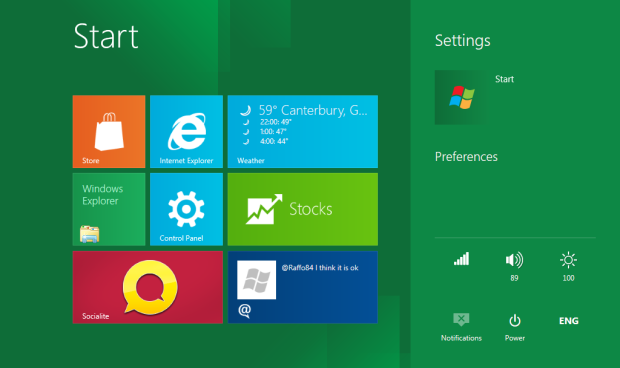Windows 8 ship dates quietly avoided; Delays inevitable?

With all the booming headlines and flashy spectaculars flowing out of Microsoft's BUILD conference, little has been said or even alluded to around the actual ship date of next-generation Windows 8.
Application builders and consumer testers have been flooding to Microsoft's download the developer preview, to get their hands on the latest build of the operating system. Over half a million copies of the software have been downloaded since it was announced yesterday.
But some are questioning when the next version of Windows will in fact hit the shelves. In my eyes, I see delays as an all but inevitable problem for the Redmond giant to overcome, and frankly, they know it.

Microsoft's general launch date for its operating systems is normally set for pre-holiday season, to claim as many sales as it can for the busy Christmas period. But older, more febrile operating systems have known to be held back until major issues have been fixed, or development has slowed through ongoing issues.
Windows 8 will be "quality driven" rather than "data driven", according to Steven Sinofsky, the Windows chief, offering at least some indication that the Windows team will not be rushed.
Considering Microsoft is still recovering from the blow that Vista caused on the markets, Windows 7 has had a great deal of work to redeem the bad tempered, sluggish and insecure operating system that came before it. So far, it has succeeded a great deal — and is catching up with Vista's own predecessor, Windows XP, in the marketshare statistics.
Sister site CBS News points out that Microsoft's seemingly lax attitude towards its own internal schedules has meant that the 'three year period' for which operating systems are worked on, gives the opposing forces of Apple and Google time to push out their rival products at a more predictable rate.
Windows Vista alone took the best part of five years to develop after Windows XP was a massive hit -- still used on hundreds of millions of PCs worldwide; long past its sell-by-date.
With the constant evolution of Windows, way back to the early days, delays are all but certainly inevitable. It does, however, fall down to whether those delays can be made up and effectively negate those timeline challenges.
But Windows 7 was in effect rushed out, to dampen the already battered landscape of its predecessor, Windows Vista. Though it was released in time for the holiday season in November 2009, Microsoft had taken a confidence hit by the epic disaster that Vista was. Having said that, Windows 7 sales are booming and are set to overtake Windows XP sales in the coming year.
Though Microsoft could, and probably expects, to get Windows 8 -- or whatever it may be called -- out of the doors and onto the shelves by the holiday season next year, should something go wrong in its development, it will cost the company tens or hundreds of millions in sales revenue.
The long term affects are far wider for the company, which needs to maintain its dominance in the operating system marketshare, in not only raw sales but equally its profits and shares. Even a month after Christmas could seriously harm the company's financial status, but its reputation also.
Let's just hope that the Windows team knows exactly what is at stake.
Related:
- CBS News: Microsoft's big (unmentioned) problem with Windows 8
- Microsoft's Windows Server 8: Taking the cloud to the operating system
- Microsoft's Windows 8 by the numbers
- ZDNet's Great Debate: Is the "post-PC era" bunk?
- Microsoft's Windows 8: Here's what we now know (and don't)
- Windows Server 8: The Ultimate Cloud OS?